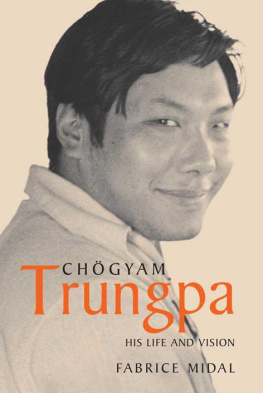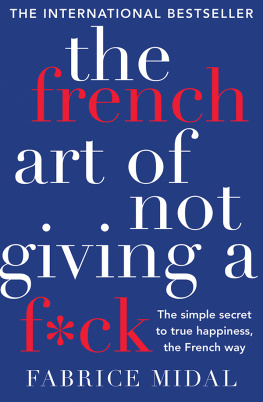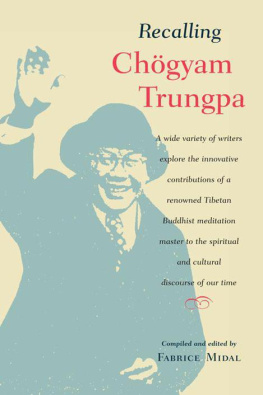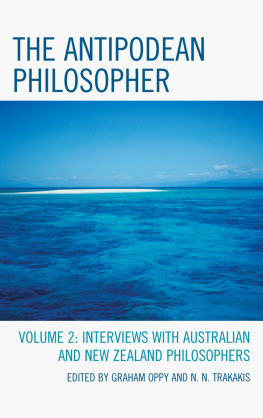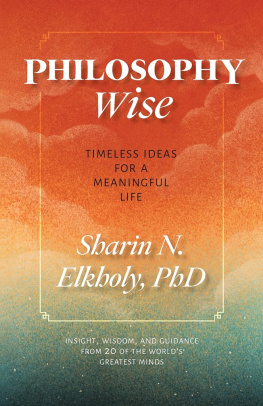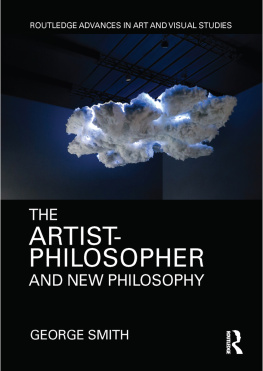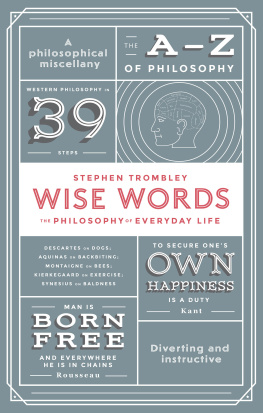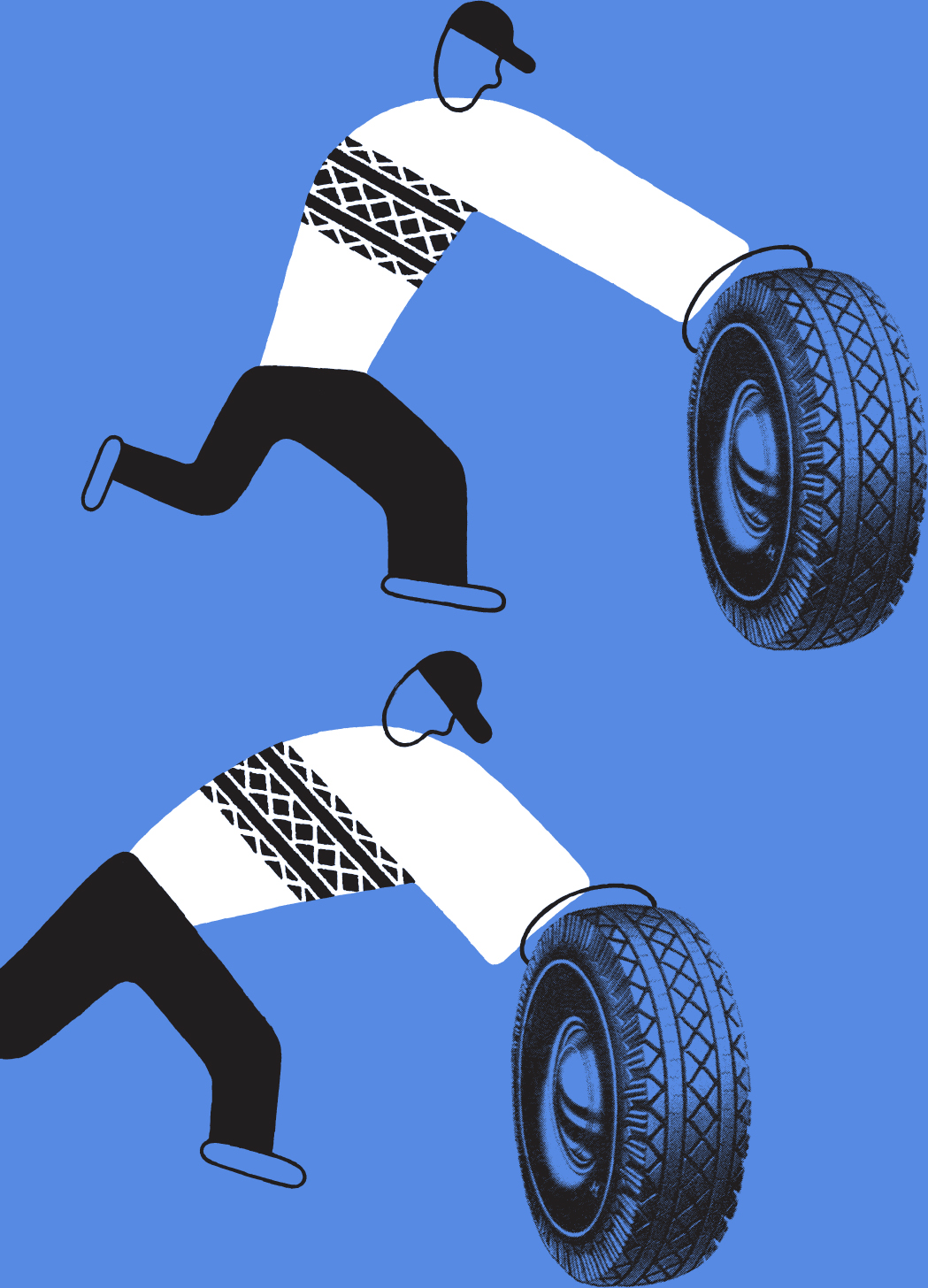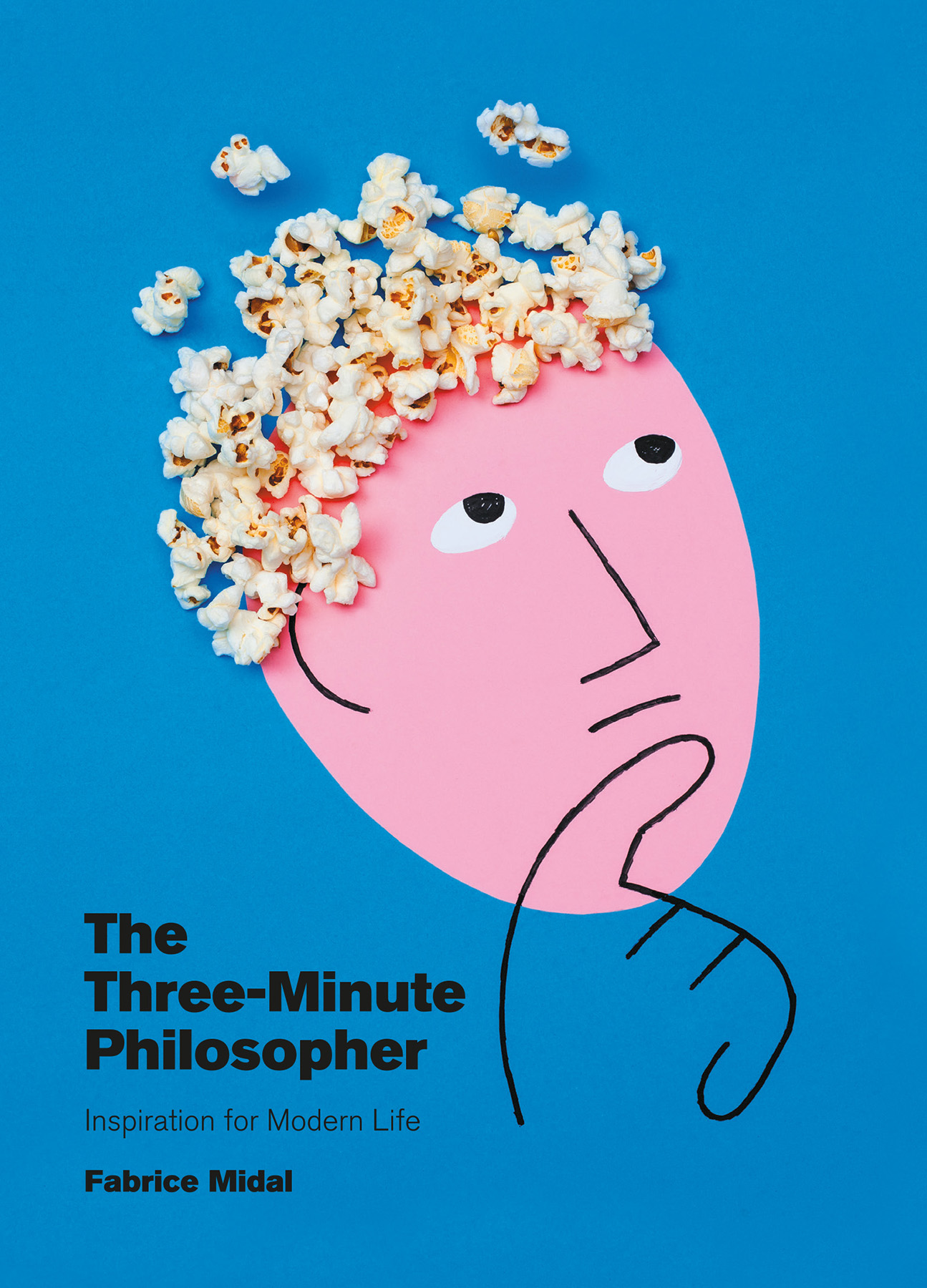
Copyright 2021 by Fabrice Midal
Illustrations copyright 2021 by Miguel Porlan
Cover copyright 2021 by Hachette Book Group, Inc.
Translation 2020 by Susanna Lea Associates
Translated by Austin Dean and Team SLA
Special thanks for the translation to Austin Dean, Helena Sandlyng-Jacobsen, Noa Rosen, Mark Kessler, Kerry Glencorse, and Susanna Lea.
Hachette Book Group supports the right to free expression and the value of copyright. The purpose of copyright is to encourage writers and artists to produce the creative works that enrich our culture.
The scanning, uploading, and distribution of this book without permission is a theft of the authors intellectual property. If you would like permission to use material from the book (other than for review purposes), please contact permissions@hbgusa.com. Thank you for your support of the authors rights.
Running Press
Hachette Book Group
1290 Avenue of the Americas, New York, NY 10104
www.runningpress.com
@Running_Press
Originally published in January 2020 by Flammarion/Versilio in France.
First U.S. Edition: May 2021
Published by Running Press, an imprint of Perseus Books, LLC, a subsidiary of Hachette Book Group, Inc. The Running Press name and logo is a trademark of the Hachette Book Group.
The Hachette Speakers Bureau provides a wide range of authors for speaking events. To find out more, go to www.hachettespeakersbureau.com or call (866) 376-6591.
The publisher is not responsible for websites (or their content) that are not owned by the publisher.
Library of Congress Control Number: 2020943657
ISBNs: 978-0-7624-7424-0 (hardcover), 978-0-7624-7426-4 (ebook)
E3-20210319-JV-NF-ORI
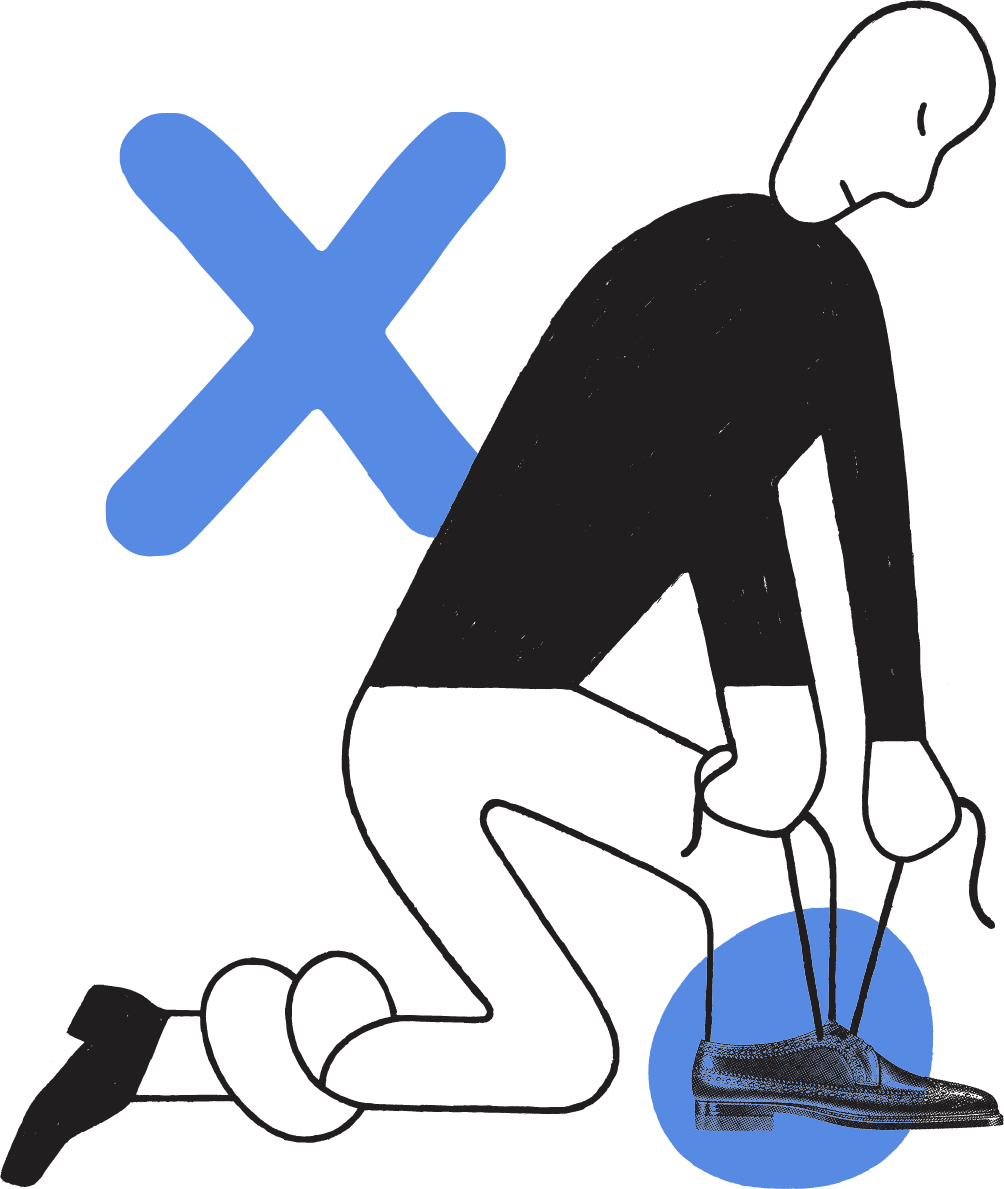
Philosophy takes us by surprise. It challenges us, awakens us, and opens our minds. Thats why we need it so badly.
Nowadays, philosophy is more important than ever because its the antithesis of the rampant dogmatism that dominates so much public discussion, of the vehemently expressed opinions of those who think they know everything and who want you to agree with them.
Socrates, the father of Western philosophy, insisted that he was an expert in nothing. He would stand in public and ask everyone questionsabout their life, their profession, their tastes. He didnt try to sermonize. He explained that he himself knew nothing, that he wasnt even a sage, a term that only applied to the gods, if they existed. He explained that it is pointless to aspire to being wise. Instead, we should focus on what it is that makes us human. For, in so doing, we have everything to gain.
Philosophy does not counsel us to be wise, to be perfect or godlike, but instead to nurture our own humanity.
And this is why Socrates asked questions, why he dared challenge the seemingly obvious and indisputable. He wanted to open our eyes. To give us confidence in our capacity to feel, to think, and to love. As this is what philosophy teaches us: the value of exploring our own experiences in depth.
Self-proclaimed experts tell us to listen to and obey their injunctions, while philosophers encourage us to think for ourselves.
For several years, I have been trying to understand the new forms of daily aggression that weigh on us and distance us from our humanity, our convictions, and our aspirations. Whether youre a nurse, a doctor, a baker, a lawyer, or a social worker, you might feel the same way as I do: that we are often asked to do something that doesnt make sense for social, political, or economic reasons. We convince ourselves that were not doing enough and we push ourselves to the point of burnout.
Philosophy can help us precisely because it does not tell us to be calmer or to be perfect, to be like a robot or an algorithm. It encourages us to be human.
The following chapters each take only three minutes to read. Three minutes to reconnect with your humanity and free yourself from the brutal diktats of the constant need to perform. Philosophy addresses what makes us human and it helps us navigate everyday life: from dealing with an annoying colleague at work, to the panic upon realizing that your fridge is empty when guests arrive out of the blue. When our lives feel increasingly abstract, philosophy is a very concrete tool.
I have chosen quotes that do justice to Socratess genius, in that they do not necessarily come from the traditional canon of philosophy, but from a range of artists, thinkers, and writers. We do not always find philosophy where we expect to and that is why it is both beneficial and necessary.
Simply being human
Orwell not only asks us to realize that theres no such thing as perfect, but that to seek perfection is to turn our backs on what it means to be human.
This is an unsettling statement. For centuries, all schools of thought had us seeking out perfection, a sort of detached state, or the victory of reason over everything else. And so, its true, wed all like to be a little more perfect! We think that we would be happier if we were. We are wrong.
You were a little too aggressive with your brother-in-law
You realize that youve said inappropriate, even hostile things to someone you care about. For example, during a family dinner, you laced into your amiable brother-in-law just because you were annoyed that he didnt agree with your politics. And now you regret it. This is a good sign! You are tapping into a deeper side of your existence.
Instead of blaming yourself again and again for not living up to your own idea of perfectionsomeone who is always fair and in controlyoure facing the abyss of your own heart. This allows you to stop being so hard on yourself and to show yourself some compassion. Yes, sometimes youre clumsy, inept, and you can be a bit of an idiot.
Do you know what makes a great writer? Its the ability to reveal the part of us that is petty and mediocre. This is the genius of Fyodor Dostoyevsky and Marcel Proust. They reveal all the twists and turns of our lies, our cowardice, and our jealousy. They dont do this out of cruelty or desperation but rather so that we may grasp what makes up the profound reality of our existence. And it is calming to finally be able to recognize the complexity, but also the beauty of our lives. Bad writers only scratch at the surface of our feelingstheir false promises of happiness are insufferable.
Good writers are moved by an infinite sense of tenderness that allows them to view human beings in all their dimensions. Bad writers dont do this because they are afraid. They are afraid of real life. They are afraid of their own hearts.
A meditation on a slightly cracked Japanese pot
How do we make peace with our imperfections? Think about someone you love. Think about their faults, their wounds. Consider these faults not as something that holds them back, but rather as what makes them beautiful.
Think about the works of the great Japanese master potters. Once they had finished making a bowl, they would add a flaw, not to defile or damage it, but as an expression of both the fragility and humility of creation. To know that we ourselves are imperfect makes us more tolerant and caring toward others.


